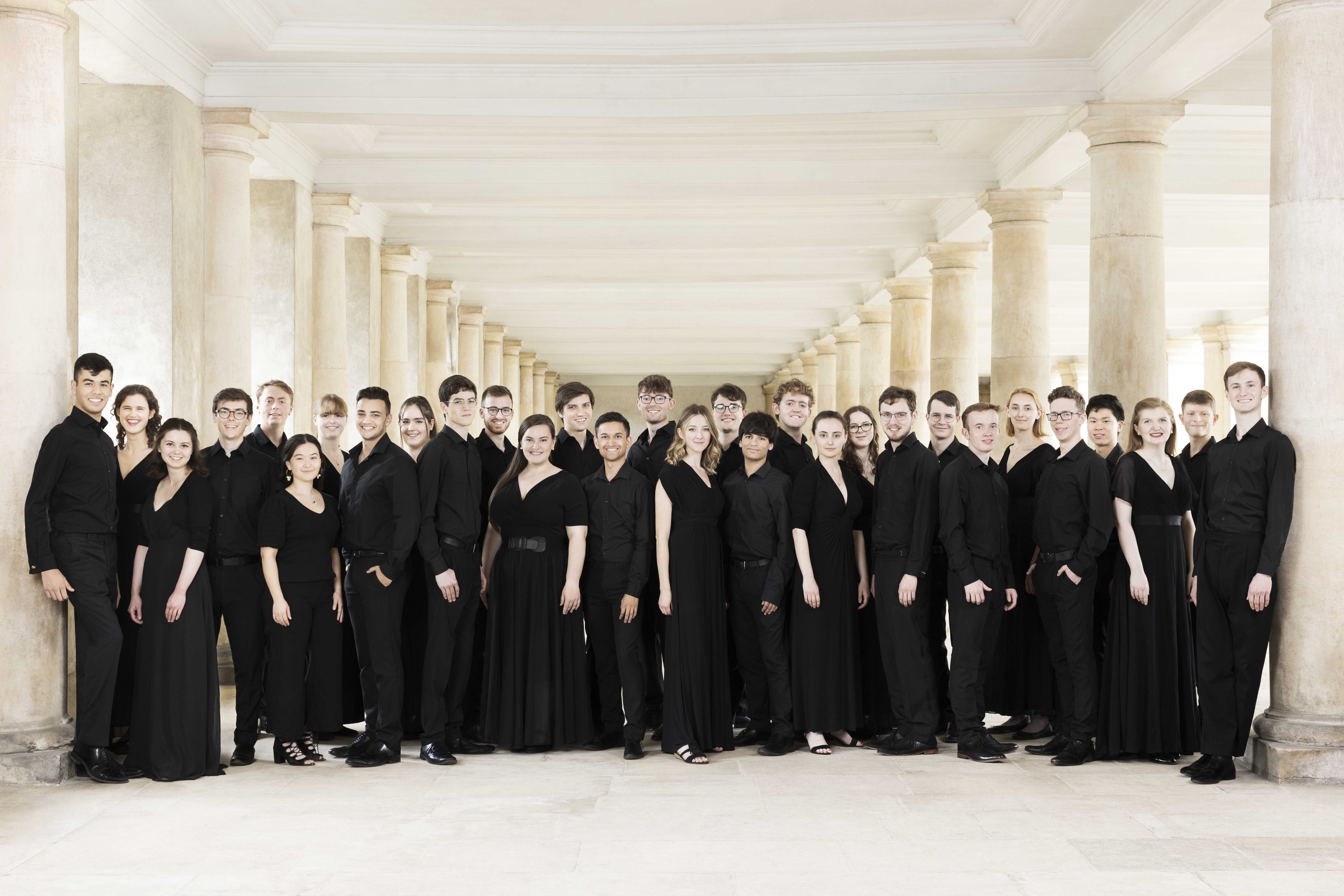Australia 2016
> See concert details...Choir of Trinity College Cambridge: distinct voices blended
It’s the physical separation between the singers that you notice first when the Choir of Trinity College Cambridge takes to the stage, half a body width to spare on either side of all 30-plus of them.
Then you hear the individual voices, which, horror of horrors to the choral-textbook devotee, stand out, each one having a sort of distinctive grain or texture to it that you could drag your fingers over, tracing its unique profile.
From a brief Arvo Pärt opener it’s straight on to Byrd, Tallis and Purcell as choristers half-turn towards one another, eyes locked on other eyes, voices singing as if from one to another, each voice both guide and follower simultaneously.
Still no conductor onstage, but the musical sound is in three dimensions, so striking in its internal diversity but somehow blended and utterly focused in its totality. Settle in, these kids know what they’re doing.
Then the man himself arrives, Stephen Layton, the director of music since 2006 who has presided over this group of undergraduates being listed by Gramophone magazine as No 5 among the world’s greatest choirs. What’s the secret?
Well, to judge by this first concert on a substantial national tour for Musica Viva, it’s the training, discipline and artistry that have gone into it all.
There’s not a sheet of music to be seen among any of them, this working choir of Trinity’s best and brightest, whose weekly routine is performing for services in the College Chapel, clearly demonstrating a unity and sense of musical purpose that renews a tradition dating back to the 14th century.
In a program that moves between old and new, the centrepiece is Frank Martin’s Mass for Unaccompanied Double Choir, a work of such deep personal and spiritual significance to the Swiss composer that he withheld its premiere for 40 years lest it be defiled in public. He shouldn’t have feared. It’s gloriously sung.
Young Trinity organ scholar Owain Park contributes a piece whose vocal workout from top to bottom for the choir shows why he has already received a major publishing contract, while Australian composer Joseph Twist’s new commission embraces the quiet sense of contemplation characterising the concert as a whole.
Ultimately, the polite and unassuming style resolves into blazing works in the grand English choral tradition by Elgar and Herbert Howells, momentarily turning the Australian concert hall into a grand English cathedral.
Tour continues to Melbourne, Adelaide, Sydney, Perth, Newcastle, Canberra and Hobart until August 7.
The Choir of Trinity College Cambridge. Musica Viva Concert Hall, QPAC, Brisbane, July 17.
Martin Buzacott
